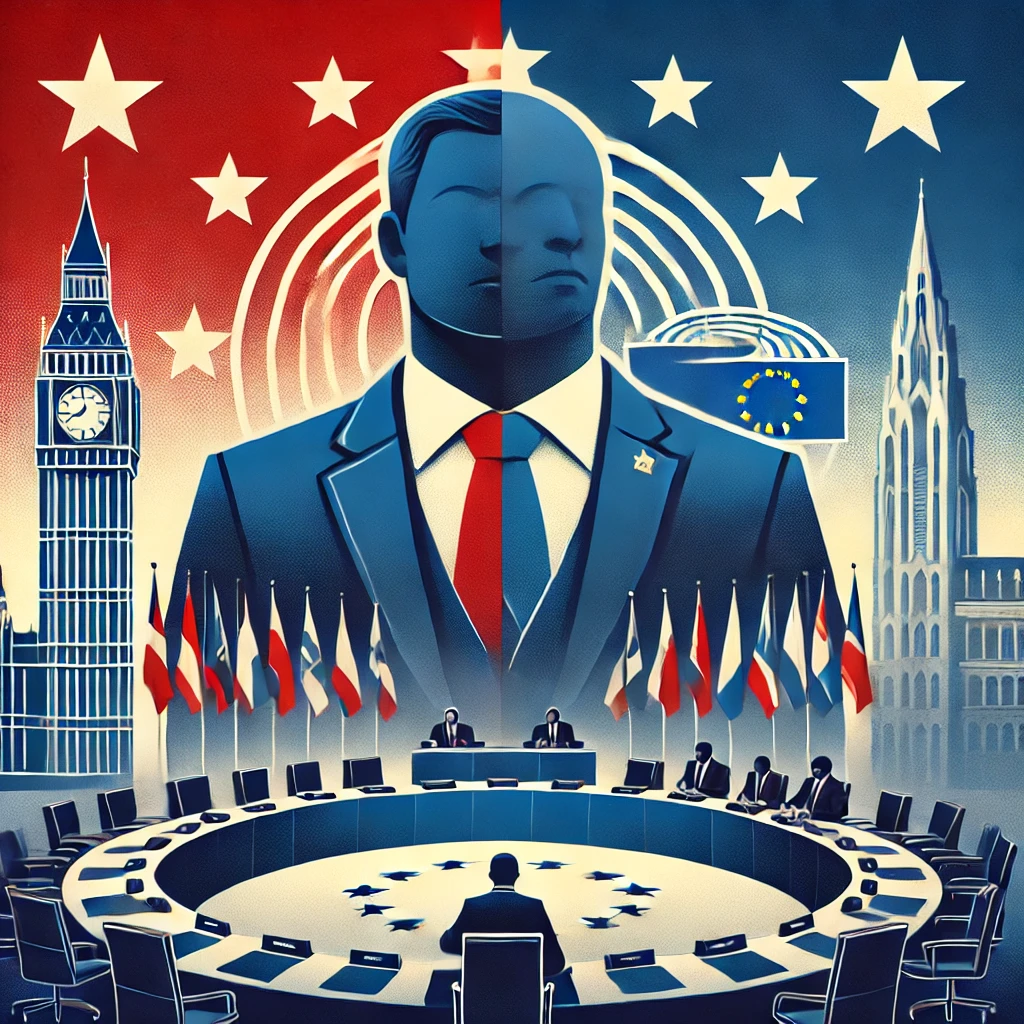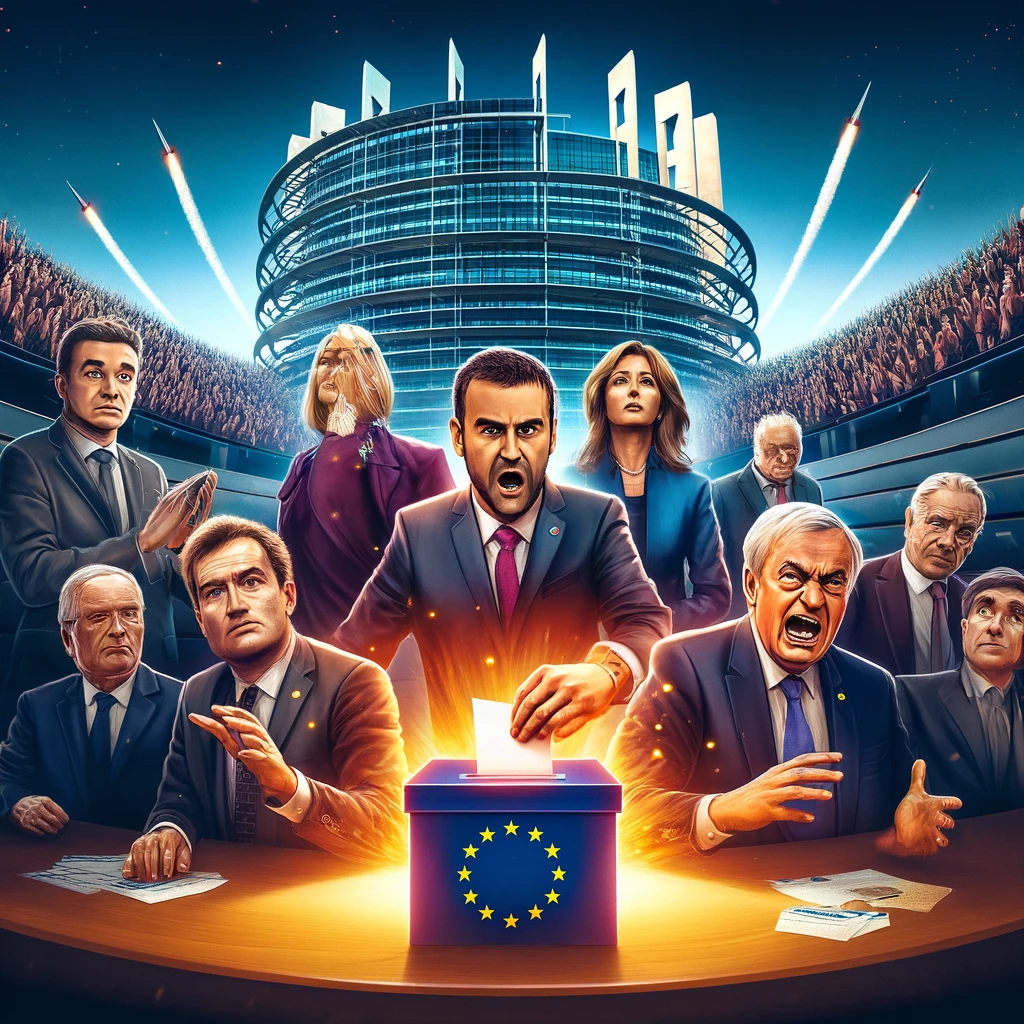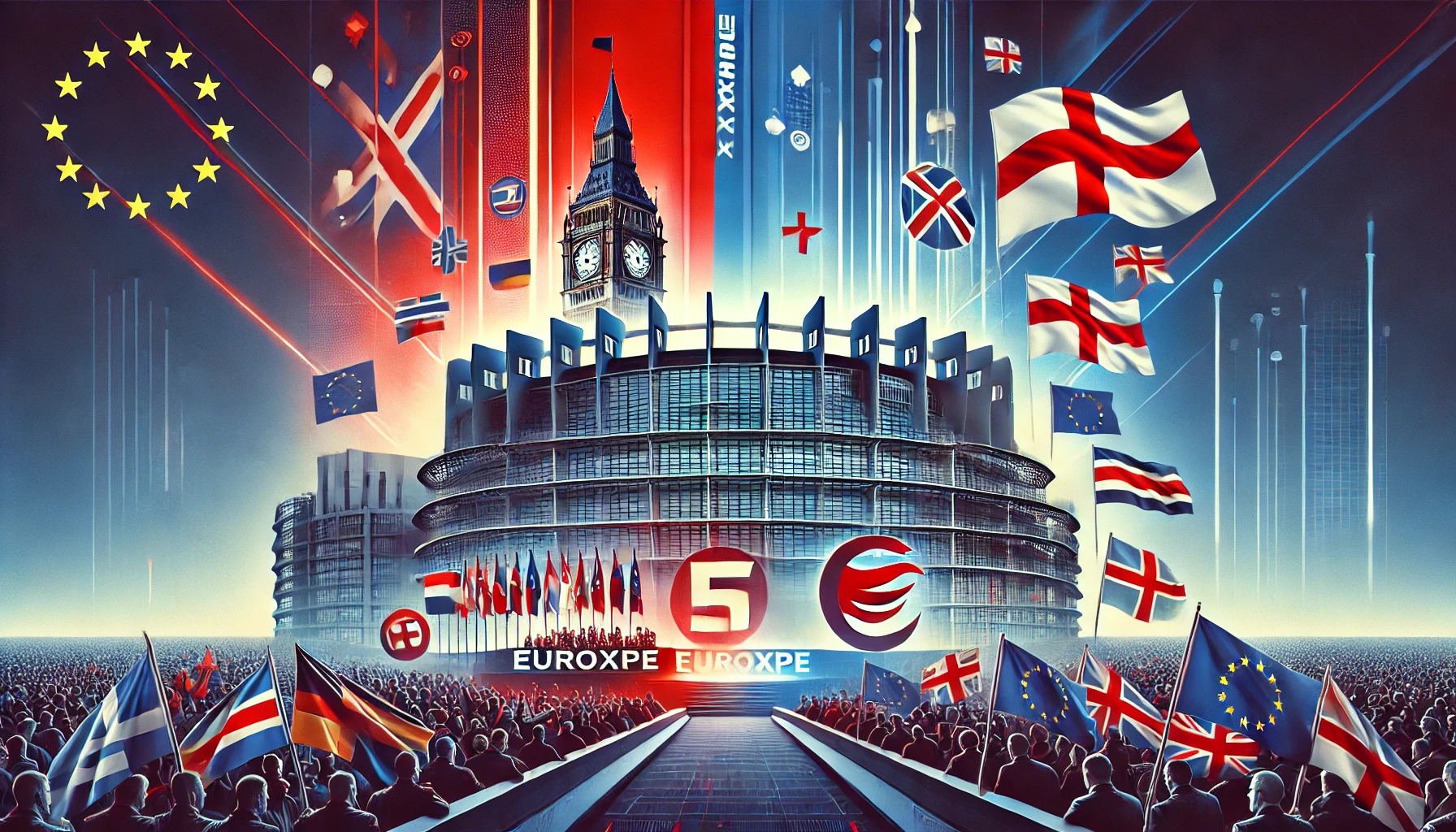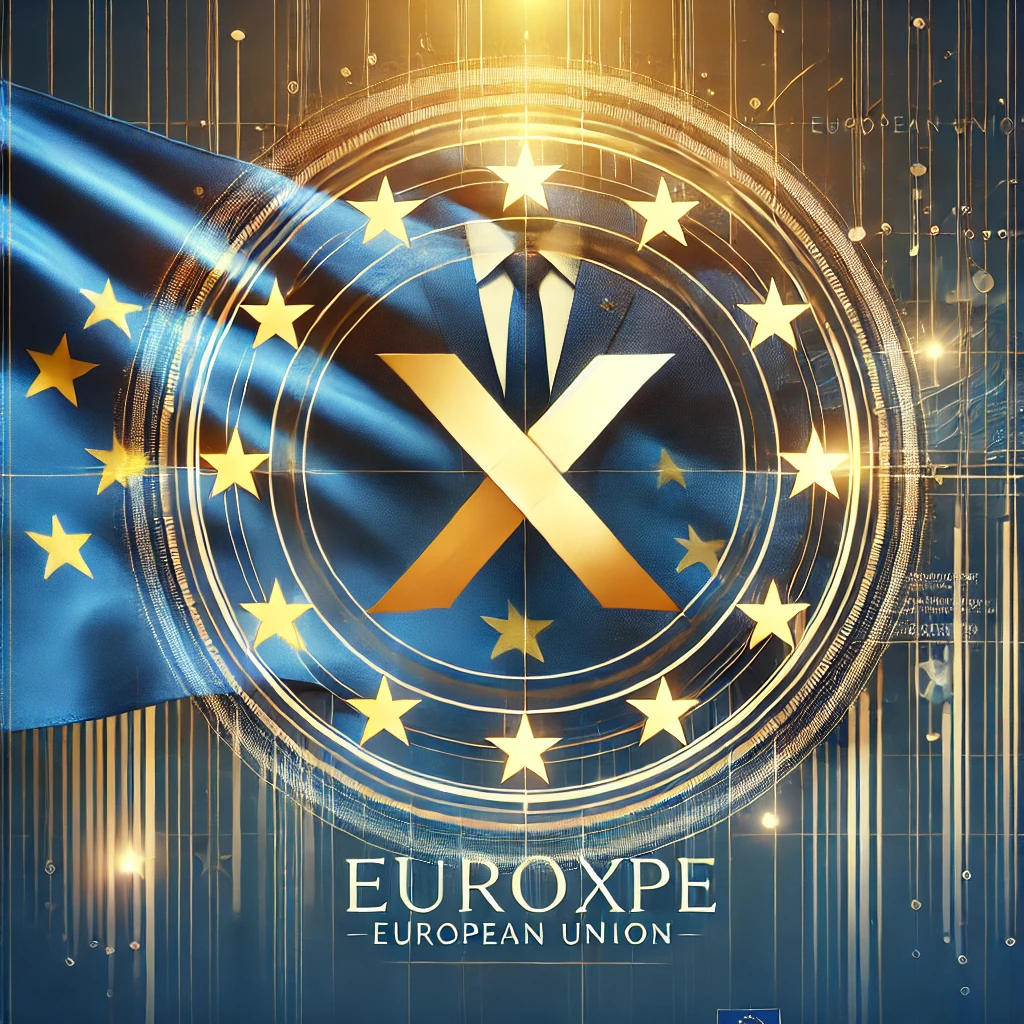Europe’s political landscape is witnessing a profound shift towards conservatism as Ursula von der Leyen secures a second term as President of the European Commission. Her re-election signals a decisive move towards business-centric policies, conservative values, and a reinforced focus on external security threats.
In a significant political development, Ursula von der Leyen has been re-elected as the President of the European Commission following a rigorous round of negotiations with various parliamentary groups. The German technocrat garnered 401 votes in favour, surpassing the required majority of 360 votes, thereby securing her position for a second term. This marks her as the first European Union leader to be re-elected by the European Parliament, highlighting the evolving nature of EU governance since 2014, when the Parliament first began electing the EU’s top official rather than merely approving them.
Von der Leyen’s re-election was heavily supported by a centrist coalition comprising the centre-right European People’s Party (EPP), the centre-left Socialists & Democrats (S&D), and the centrist liberals of Renew Europe. This coalition managed to withstand the losses experienced by Renew and the Greens in the recent European Parliament elections, indicating a strong, albeit cautious, centrist agreement. However, a significant issue within the coalition was whether to engage with or isolate the far-right parties, which have seen substantial gains and now hold nearly as many seats as the EPP, the largest group in Parliament.
The ongoing debate about the “cordon sanitaire” against the far right has led to strategic compromises. The policy of isolating far-right parties has been narrowed to exclude only two of the three far-right groups: Patriots of Europe and Europe of Sovereign Nations. These groups, which include France’s National Rally, Hungary’s Fidesz, and Italy’s League, are known for their eurosceptic views and pro-Putin sympathies, which are expected to challenge the new Commission’s policies. Notably, both groups voted against von der Leyen, signalling their opposition to her leadership.
Despite lacking a unanimous mandate from the S&D, Renew, and the Greens, von der Leyen maintained an open dialogue with the European Conservatives and Reformists (ECR), the third far-right faction in Parliament. This strategic engagement was an attempt to secure votes from Brothers of Italy, led by Italian Prime Minister Giorgia Meloni. Although the ECR ultimately allowed its members to vote based on national interests, Meloni’s party voted against von der Leyen, although it did secure the election of one parliamentary vice president.
Von der Leyen’s agenda for her second term clearly reflects a deepening shift towards conservative policies within the European Commission. Her programmatic speech to the Parliament highlighted the importance of “European values” and “culture,” terms often associated with right-wing rhetoric. She portrayed Europe as a homeland requiring protection, a narrative reminiscent of far-right discourse that emphasises national identity and sovereignty.
One of the most significant changes in von der Leyen’s approach is the reframing of the Green Deal, her landmark bipartisan achievement, in terms of economic competitiveness and prosperity. This aligns with a brand of economic nationalism popularised by former U.S. President Donald Trump. The focus has shifted from global cooperation to prioritising European businesses, farmers, and workers, reflecting a conservative response to the growing scepticism towards green policies, particularly after the recent electoral backlash.
Furthermore, von der Leyen has emphasised the need to protect Europe from external security threats, both in terms of defence and migration. She has endorsed the expansion of Frontex, the European border agency, despite its controversial reputation for contributing to human rights violations. This move is in line with the broader European consensus on reducing immigration, even if it exacerbates the suffering of migrants and refugees fleeing conflict, natural disasters, and poverty.
In a striking parallel to Giorgia Meloni’s Mattei Plan for Africa, von der Leyen announced the appointment of a new commissioner for the Mediterranean region. This commissioner will oversee strategic partnerships aimed at curbing migration, following the example of the highly criticised agreement with Tunisia. This deal, which saw over $1 billion pledged to Tunisia in exchange for preventing migrant departures, underscores the increasingly transactional nature of Europe’s foreign relations under von der Leyen’s leadership.
Finally, von der Leyen’s commitment to protecting democracy has taken a narrow focus on countering external threats such as foreign information manipulation. While these are legitimate concerns, this approach risks overlooking the broader, more complex challenges facing European democracy, which require more than just defensive measures.



